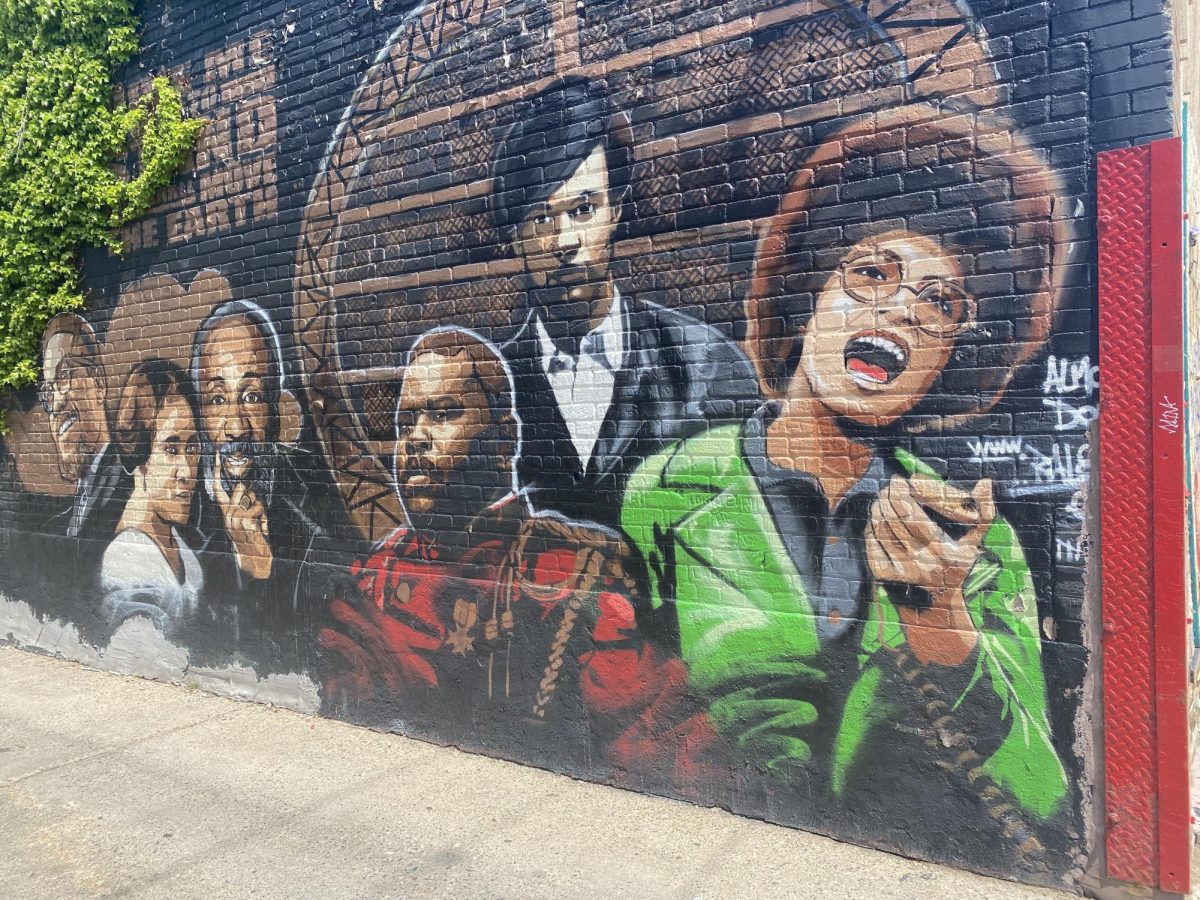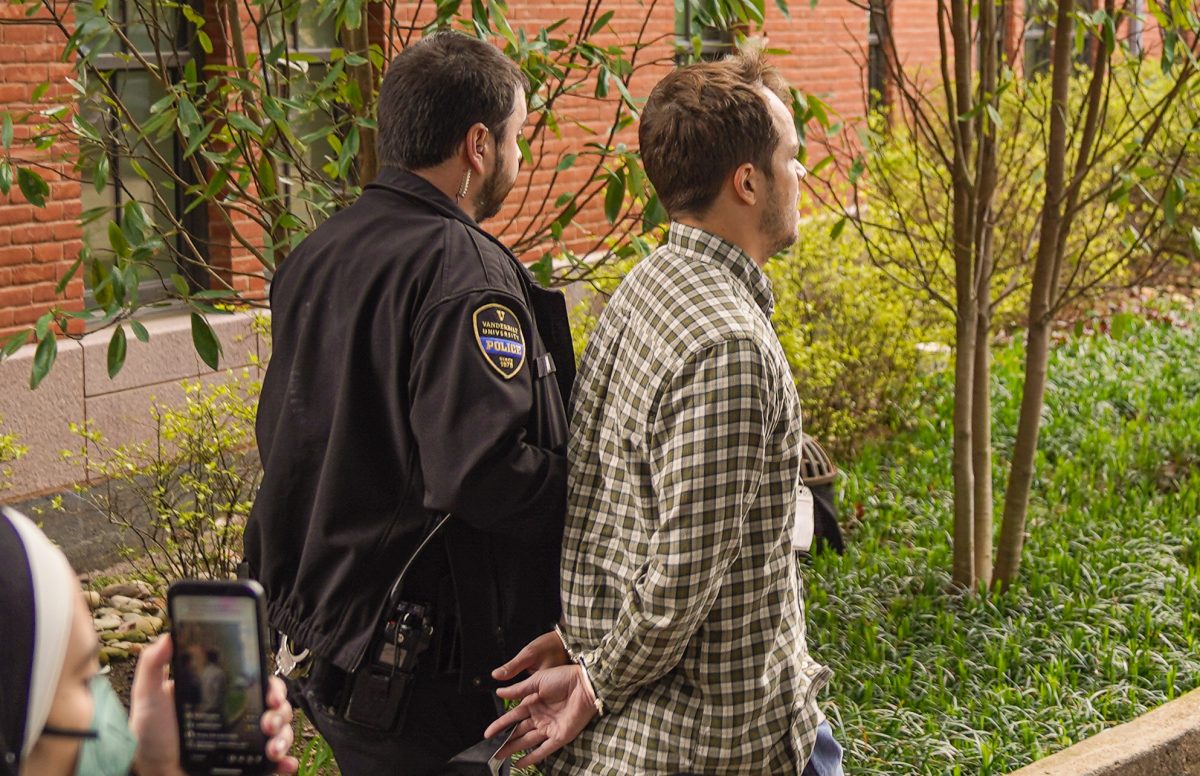I absolutely adore Vanderbilt University, but my love is not unconditional.
I am no stranger to complaining. I process things out loud with friends and family, expressing my frustrations with dining, with my really hard classes, with my super long—sometimes hot, sometimes cold—walk to Commons. On these long walks, I can often be found talking on the phone with my mom or my dad or a friend about some minor inconvenience or sharing a long story about how I experienced a choice that someone from the administration made. Complaining is my way of processing and commenting on the world around me. It helps me frame my experiences and interactions.
Of course, Vanderbilt is not perfect.
I recognize that our school profits off their students. I recognize that the administration has its own agendas, flaws, and makes choices I would not have. I see that they make mistakes and operate with bias. I see that the choices they make do not always benefit the world, the student body or me.
My role as a student and as an opinion writer is to share how I feel.
Students see things from perspectives that administrators cannot; we are the ones living the Vanderbilt experience and it is our job to engage in discourse to make the administration aware of our experiences. When administrators don’t seek our feedback, we have to take matters into our own hands. Students and administrators need to discuss and debate, set realistic expectations for college life and hold our administration accountable for making changes and keeping promises.
There is always value in discourse: sharing perspectives, learning from others, having friendly debates. We can see just how much our society values discourse by looking at plenty of well-respected places of dialogue: presidential debate stages, court cases, town halls, public forums and school board meetings. We also see the value of discourse in friendships: Can we grab a coffee and chat? Can I call you to get your opinion on this? I just need to vent right now, can I come over? Talking through and about and around issues is a pinnacle of modern society.
Complaining gets a bad rap. I am an optimist, and yet I complain. I want to recognize the things in my day-to-day life that are going wrong or that make me upset because when I accept that they happen, I can move forward.
Some complaining that I do around campus is specific to my experiences. I’ll tell a friend that a comment someone made in my class offended me. I’ll say that a squirrel almost jumped on me and freaked me out. I’ll acknowledge that something that happened in my day elicited an unfavorable emotion, and I’ll move forward. But when we hear that others are having the same experiences as we are, we can come together as a complaining collective and take action. If you feel alone about an experience at Vanderbilt, it’s almost certain you’re not. Sharing, growing and moving forward would not be possible without individuals’ complaints.
Just over two months ago I published an article dedicated to complaining about the dining situation on campus. Sure, I could have brushed it off and bottled up my anger and disappointment, but that article ended up giving other students a platform to express their concerns as well. Students took to the comments section with their own complaints and worries about getting enough food.
Through sharing with others, many students realized their struggles were common experiences. While many of the stories shared are heartbreaking; the 49 comments on that article offer 49 different individual experiences with campus dining since the beginning of the year. It’s easy to write off these experiences as ‘complaints’ but it is a very different experience if you take a moment to think about all the actual students who experienced each of those issues with dining.
Some of the students who commented may have thought that they were the only ones struggling until they saw the article and all the comments or heard a friend complain about the issue as well. The student who commented, “I cried yesterday because I starved the whole day” found solidarity with another student who commented that she developed an eating disorder because of food insecurity on campus. When we hear others with similar ideas, we feel more comfortable sharing our own.
The ‘complaints’ united the campus as a whole. We saw real action taken on some of the points people made. We got food trucks, adjusted hours and Vanderbilt actually made an effort to address a lot of the points made by students. They may be small steps, but those are steps in the right direction.
I agree that only complaining isn’t productive either; it’s exhausting. I love to love Vanderbilt and all of its glory; the beautiful fall foliage this time of year, my favorite professors who go above and beyond for their students, my gorgeous dorm, a delicious Randwich after a long day or a well-planned weekend event on the lawn. However, it is vital to address concerns in a way that avoids the idolization of an establishment that is designed to make money.
We complain about things because we want the future to be better for the next graduating class. We want them to love Vanderbilt too. We want to strengthen the policies of the university so that it stands strong for years to come.
When a student has a problem on campus, Chancellor Diermeier doesn’t pop out of your EBI pho and ask what he can do to help. He’s probably sitting in his massive office doing a bunch of other, very important, Chancellor-y things. Instead, we complain; we make noise and work to be heard. We complain to our friends and our families. Sometimes they complain to people they know on our behalf. We unite over shared experience and form communities and organizations. We figure out who to complain to. We reach the right people. We start conversations on the steps of Wyatt, in common rooms, suites and classrooms. If enough people are complaining, sometimes we can start a movement and make a change.
Write me off as a complainer—I’m okay with that. The way I show my love to Vanderbilt is by thinking deeply, by challenging choices made by the University, by talking about policy choices with my peers, by holding my school accountable.











